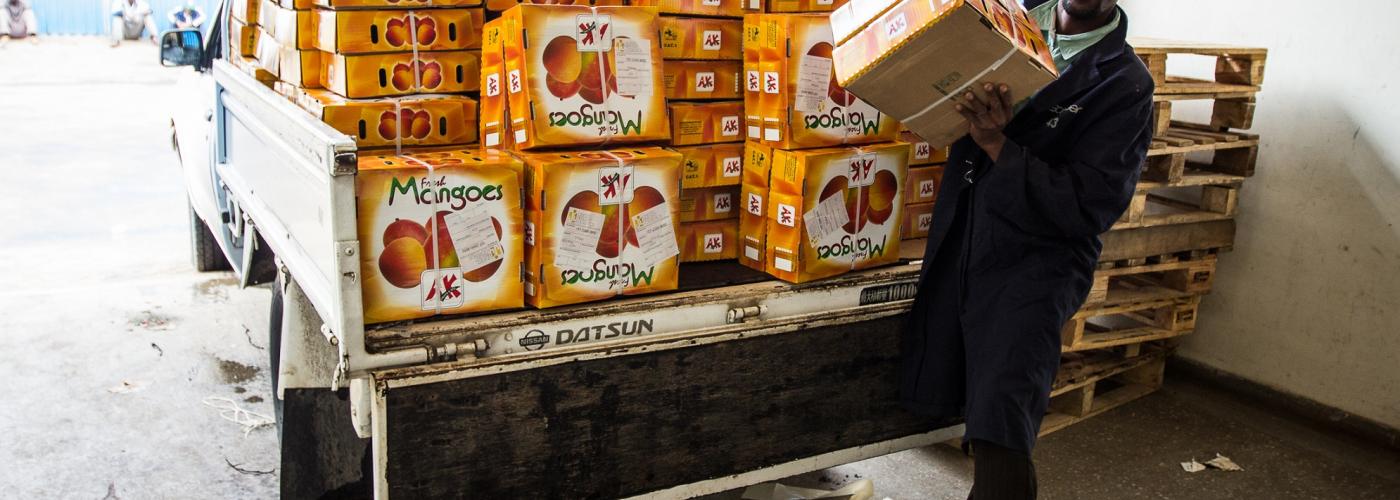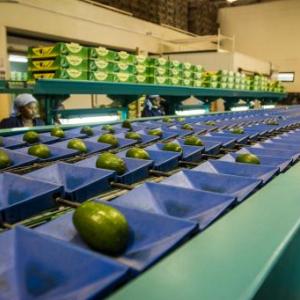Learning From the Private Sector Experience Working With Smallholder Farmers
Image

This post was authored by independent consultant Amy Chambers in collaboration with the Feed the Future Enabling Environment for Food Security project.
Working with the private sector is central to our understanding of markets-based approaches. From this, we know that private sector investment is critical to a competitive, vibrant agricultural market system. Often hidden from view in this picture, however, is the enabling environment — i.e., the policies, laws, regulations, and norms that influence market actors’ decisions and interactions.
As development actors and private sector firms converge around shared interests, and USAID prioritizes making market systems more competitive, resilient, and inclusive for smallholders and other market actors, we often struggle to connect our support for these actors with support for the all-encompassing yet elusive enabling environment around them. The good news is that there is a lot of experience and knowledge out there, especially from the private sector actors themselves who are either doing or trying to do business in these markets. They experience enabling environment impacts in tangible ways that affect their investment decisions.
Let’s hear what private sector actors have to say.
What We Heard From the Private Sector
In August 2018, the Feed the Future Enabling Environment for Food Security project interviewed 25 small to medium-sized agribusiness companies serving smallholder farmers across Bangladesh, Guatemala, Nigeria, Uganda, and Kenya. For each, we endeavored to understand why they invest where they do, the challenges they face in entering and operating in new markets, and what type of support these companies leverage to assist in tackling enabling environment challenges to their investments.
While their stories were unique, the consensus was the same: the enabling environment impacts the structure, speed, and scale of the investment. For one investor, the lack of regulatory protocols for a new technology delayed the investment by more than a year. For another, the complexity of local contract law contributed to shifting focus to other markets. Frequent changes in customs procedures or outright corruption caused others to scale back or reorient their businesses to countries with more stable environments for investment. Typically the business survives, yet the slower pace of investment or capital flight to safer markets caused by a weak enabling environment limits smallholder farmers' access to the new technologies and services these businesses provide.
True to the axiom “time is money,” investors expressed little patience for the speed of reforms brought about through industry associations and formal public-private dialogue mechanisms. Though nearly 80 percent of those interviewed participate in these platforms, when faced with a pressing issue, investors favor narrow, action-oriented approaches that quickly bring the issue to relevant policymakers’ attention, such as leveraging informal connections with government officials or independently organizing public seminars or dialogue on specific issues.
What This Means for Donors and Other Development Partners
USAID and other development partners can play a crucial role in building a better enabling environment by identifying key regulatory impediments to investment and facilitating targeted, issue-specific collaboration between the public and private sectors to resolve these issues. This support includes conducting baseline data studies to provide a starting point for public-private dialogue, assessing gaps in the legal and regulatory framework for new technologies and industries, bringing comparative evidence from other countries to bear on domestic policy discussions, and facilitating productive dialogue by bringing key decision-makers and investors to the table.
For a full discussion of the study’s findings, readers can access the report and summary learning note here.


